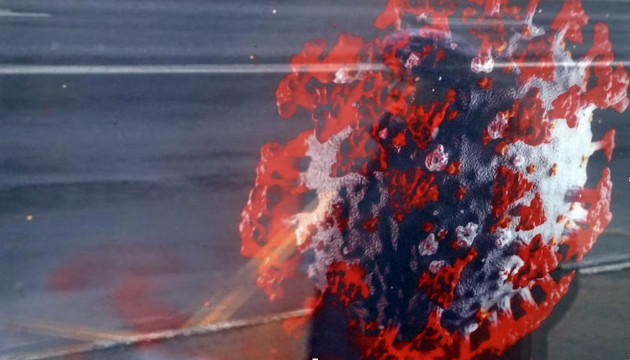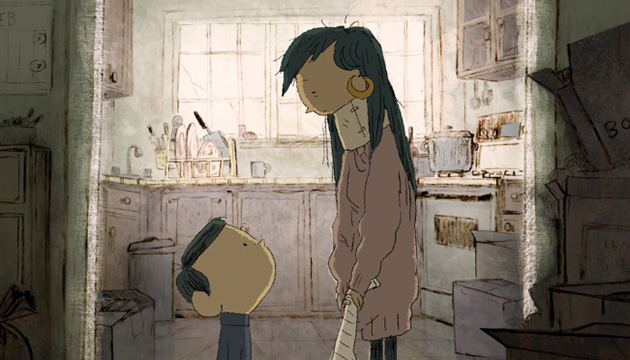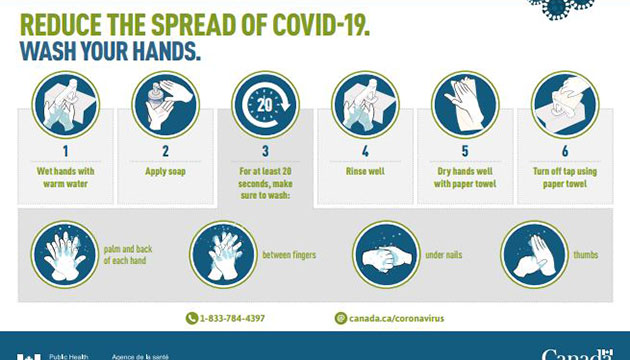In Alberta, the application for medically-assisted death (MAD) – as lodged by Hanne Schafer was granted in February 2016 by then Alberta Court of Queen’s Bench Justice now Supreme Court Justice Sheilah Martin.
Ms. Schafer’s story slowly grips into one’s sense of compassion and simultaneously disturbs one’s conscience. Was it right for her to seek redress from the Bench for her suffering? Did she initiate the move to grant power to the Bench to be aggressive in ending the suffering she and the others are/were going through? Could there have been a better way to end Ms. Schafer’s pain?
A poll among Albertans on MAD yields varying opinions.
MAD redefines medical doctors’ Hippocratic oath, and pits the sociality of the law with the scienticity of medicine within the moral and ethical framework of choosing how to end one’s suffering. Not only has the medical doctors’ Hippocratic oath of “do no harm” justified the essence of ending the harm; it also has played as an accomplice to the law on MAD. Not only have the art and the science of medicine played God; they have judged based not on their conscience but on forces subjective to privileged patients.
MAD as law equips people with options. MAD as law widens the gap between those who can afford to apply for legal intervention into one’s pain and those who only had rocks and ropes to end real and perceived suffering. MAD as law introduces the “culture of death”, grants full human autonomy over life, and disrespects the divine spark in each human being. St. John Paul II, the propagator of the devotion to the Lord of Divine Mercy, writes on overcoming suffering not with suicide but with the steadfastness of faith in Christ’s salvific suffering on the cross.
Perhaps there are still lawyers and medical doctors whose mission it is to challenge the “culture of death”, to delineate the thin line between ending suffering and upholding the sanctity of life, or to celebrate as well as to question the free will that is part of the divinity in each individual.
On the last two days of September onto the first week of October, or in one week’s time, three octogenarians who are dear to me passed away. They lived fully, went through considerable pain, and did not contemplate MAD. They must have experienced the joys of living and suffering, and chose to embrace and glory in these joys. I celebrate them just as I celebrate those whose once strong grip on life and belief in the divinity of life succumbed to privileged options.













